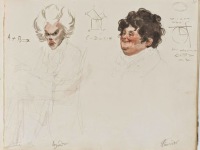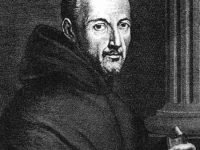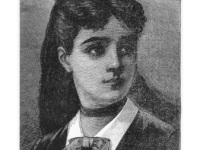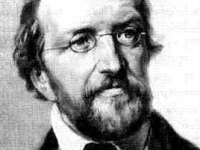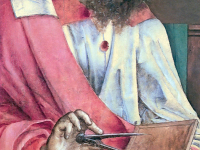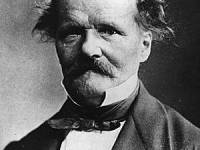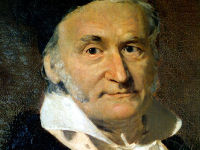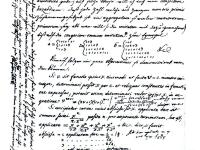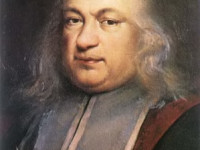Adrien-Marie Legendre – Providing the Essential Analytical Tools for Mathematical Physics
On September 18, 1752, French mathematician Adrien-Marie Legendre was born. He is best known for his contributions in number theory, celestial mechanics and elliptic functions. It was in a paper on celestial mechanics concerning the motion of planets (1784) that he first introduced the Legendre Polynomials. Moreover, he served as director of the of the Bureau des Longitudes, standardizing French weights and measures. “All the truths of mathematics are linked to each…
Read more

